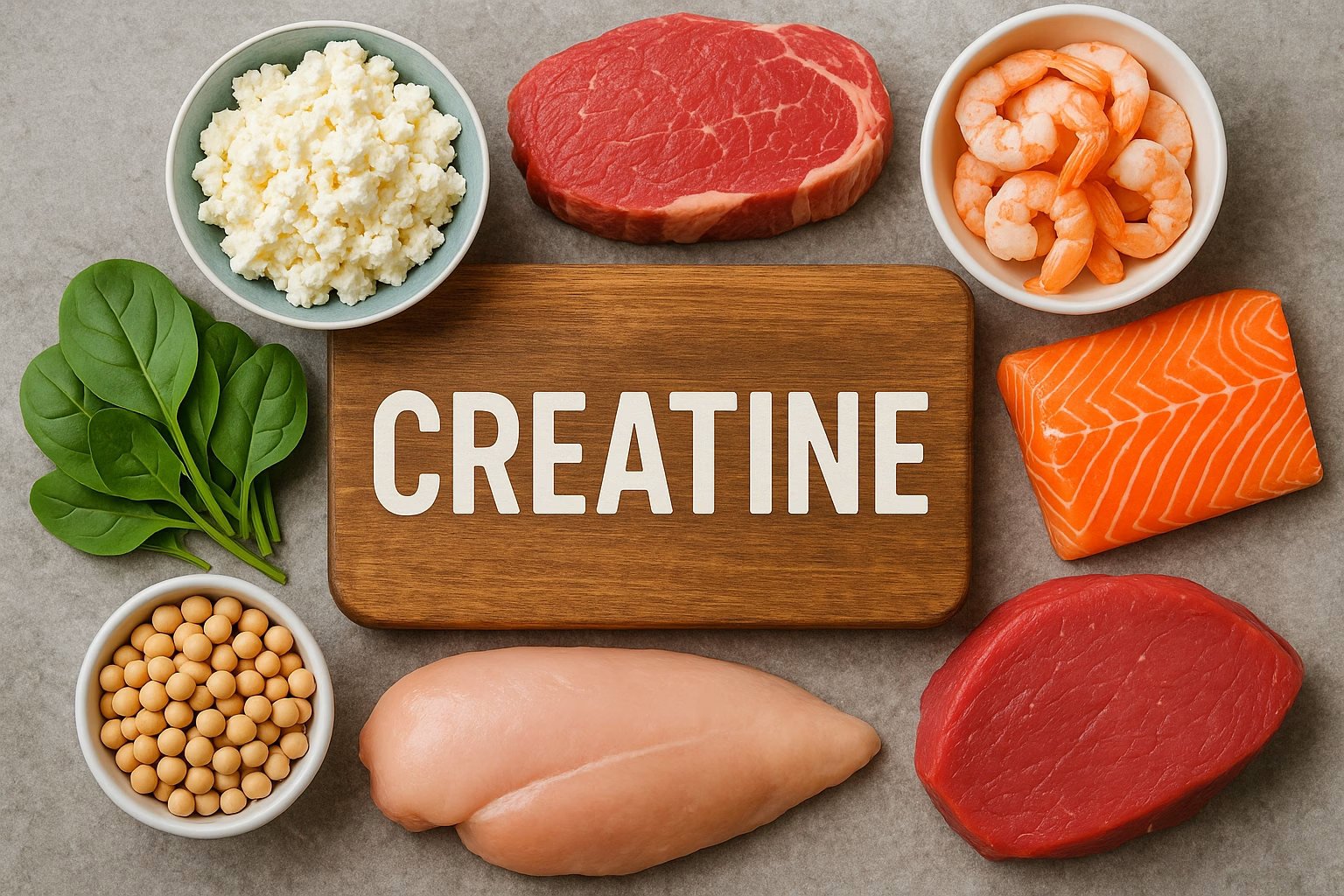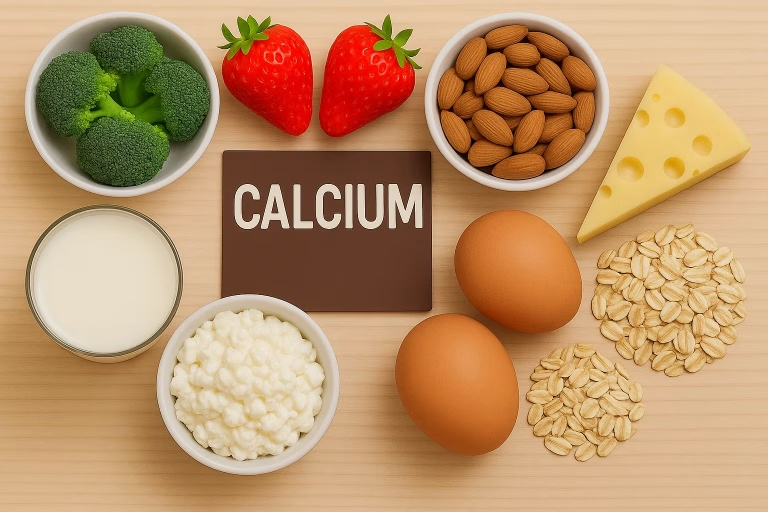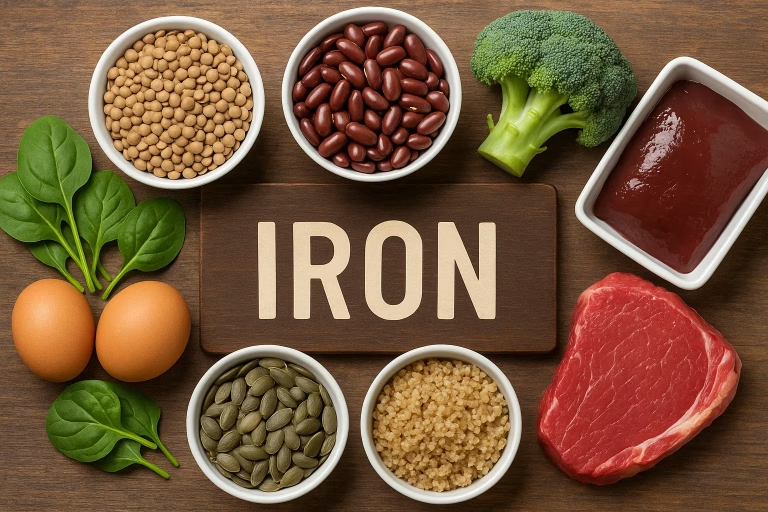Creatine Review – Benefits, Dosage, Forms & Best Uses for Adults
This creatine review explains what creatine is, how it works, and why it remains one of the most researched and effective supplements for strength, muscle, and even brain health. Whether you’re an athlete, a weekend warrior, or an adult interested in healthy aging, this review will walk through the science-backed benefits, practical dosing, potential side effects, and how to pick the right creatine product.
What Is Creatine?
In this creatine review we start with the basics: creatine is a naturally occurring compound found primarily in muscle tissue and synthesized in the liver from amino acids (arginine, glycine, and methionine). It stores high-energy phosphate groups in the form of phosphocreatine and helps rapidly regenerate ATP which is the primary energy currency during short, intense bursts of activity. That’s why creatine is especially useful for activities like sprinting, weightlifting, and high-intensity interval training.
Key Benefits Covered in This Creatine Review
1. Improved Strength and Power
This creatine review highlights that the most robust and consistent benefit of supplementation is increased strength and power. Numerous randomized controlled trials show creatine consistently increases one-rep max strength and power output, particularly when combined with resistance training. Typical improvements range from modest to substantial depending on training status and dose.
2. Accelerated Muscle Gain
One theme in this creatine review is that creatine promotes greater gains in lean mass. The mechanisms include increased water content in muscle cells, greater training capacity (so you can lift heavier/more often), and enhanced muscle protein synthesis over time.
3. Enhanced Recovery and Reduced Fatigue
Many studies cited in this creatine review report faster recovery between sets and shorter recovery times between workouts. Creatine helps buffer energy stores and reduces markers of muscle damage, which translates to less soreness and quicker return to full training.
4. Cognitive and Neurological Benefits
This creatine review also covers newer findings: creatine supports brain energy homeostasis. Research suggests potential benefits for cognitive performance under stress (sleep deprivation, intense mental tasks) and neuroprotective effects in aging and some clinical conditions. While not as extensively researched as muscular effects, the cognitive angle adds important breadth to the creatine story.
Forms of Creatine – What This Creatine Review Recommends:
There are many forms marketed today, but this creatine review focuses on the main ones:
- Creatine monohydrate -> the gold standard. Best evidence, cheapest, and most consistently effective.
- Micronised creatine -> creatine monohydrate processed into finer particles for potentially better mix-ability.
- Buffered creatine (kre-alkalyn) -> marketed for fewer side effects; evidence doesn’t clearly beat monohydrate.
- Creatine hydrochloride (HCl) -> touted for better solubility and smaller doses; research is less extensive.
Bottom line from this creatine review: creatine monohydrate remains the best first choice due to long-term safety data, cost-effectiveness, and strong efficacy.
Dosage and Loading – Practical Guidance from This Creatine Review
This creatine review outlines two common strategies:
- Loading protocol: 20 g/day (split into 4 doses) for 5–7 days, then 3–5 g/day maintenance. Loading speeds up muscle saturation.
- No-load protocol: 3-5 g/day from day one. Takes longer (~3–4 weeks) to reach full muscle stores but avoids the higher short-term intake.
Either approach works; choose based on convenience and tolerance. Mixing creatine with a carbohydrate-containing drink or with a post-workout shake can slightly enhance uptake, but it’s not required.
Safety and Side Effects – What the Creatine Review Finds
Across hundreds of trials and long-term observational studies, this creatine review finds creatine monohydrate to be very safe for healthy adults. Common but benign side effects are minor stomach upset and temporary water weight gain (around 1-3 kg). Concerns about kidney damage have not been substantiated in healthy individuals at recommended doses, but those with pre-existing kidney disease should consult a physician before use.
Myths Addressed in This Creatine Review
Myth 1: “Creatine causes kidney damage.” Evidence: no in healthy people. Myth 2: “Creatine is a steroid.” Evidence: it is not creatine is a food-derived molecule that supports energy metabolism. Myth 3: “Only young athletes benefit.” Evidence: older adults also show improvements in strength, muscle mass, and functional performance.
Creatine for Older Adults – Special Considerations in This Creatine Review
This creatine review emphasizes that older adults (40+, and especially 60+) can benefit significantly. Studies show creatine supplementation combined with resistance training improves muscle mass, strength, bone density markers, and functional outcomes like chair-stand performance. For aging populations, creatine supports preservation of lean mass and may help counteract sarcopenia when combined with proper exercise.
How to Choose a Quality Creatine Product – Tips from This Creatine Review
- Pick pure creatine monohydrate (micronized if you prefer mixability).
- Look for third-party testing (e.g., NSF, Informed-Sport) if you compete or want guaranteed purity.
- Avoid multi-ingredient pre-workouts that hide creatine dosing; transparency matters.
Quick Answers from This Creatine Review
Q: Will creatine make me bloated?
A: Short-term water retention can occur, which some interpret as bloating. Reducing a loading phase or using a consistent 3–5 g/day often minimizes this.
Q: Should women take creatine?
A: Yes. Women benefit equally from creatine for strength, cognition, and recovery. Dosage guidelines are the same.
Q: Can I take creatine every day?
A: Yes. Daily maintenance dosing (3–5 g) is standard and safe for long-term use in healthy adults.
Conclusion: Final Notes from This Creatine Review
This creatine review concludes that creatine is one of the most evidence-backed, cost-effective supplements available. It improves short-term power, enhances long-term muscle and strength gains when paired with resistance training, supports recovery, and offers promising cognitive and aging-related benefits. Start with creatine monohydrate, use a sensible dosing strategy, and consult your healthcare provider if you have kidney disease or complex medical conditions. For most adults, creatine is a simple, safe, and powerful tool to support performance and aging well.







